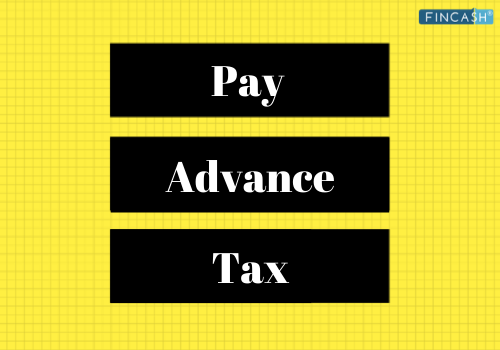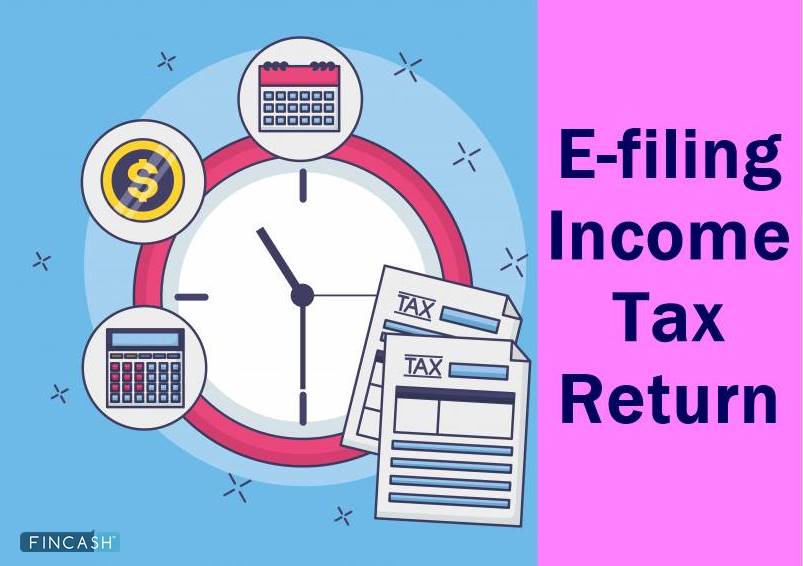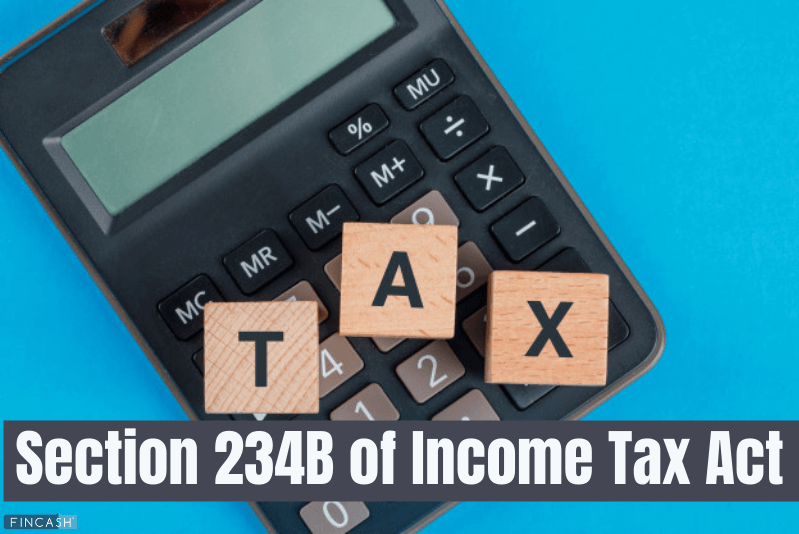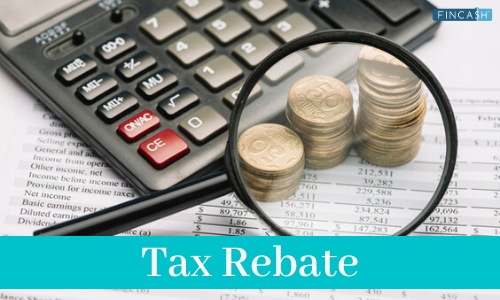
Table of Contents
File Advance Tax- Know How to Calculate Advance Tax
Paying your tax dues in advance is known as advance tax. Every individual has to pay tax to the income tax Department, and you can do this in two ways- either, file an Income Tax Return at the end of the financial year or estimate your Tax Liability in advance and start paying in parts throughout the financial year.

Advance Tax 2021 Budget Update
Taxpayers need to pay advance tax on dividend Income only after the declaration or payment of dividend.
Advance Tax Applicability
A salaried individual is not liable to pay advance income tax as the employer imposes TDS on Salary every month (based on your investment and expenditure declarations). Your employer will submit this information to the tax department on a recurring Basis.
As a salaried person, professional or a businessman, if you earn income from other sources, then irrespective of TDS you have to file advance tax. Besides, if you win a lottery or earn Capital gains on your shares or stocks in the absence of TDS you will have to pay advance tax on this income too.
According to the income tax regulations, if your tax liability exceeds Rs. 10,000 in a financial year, then it is obligatory to pay an advance tax under section 208. A senior citizen who does not have a business or profession is exempt from paying this tax.
Businesses or corporates whose income is high are advised for paying advance tax as it avoids the inconsistency and aids to preserve transparency through the financial year.
How to Calculate Advance Tax?
Any salaried individual, businessman or professional whose tax liability exceeds Rs. 10,000 in a year has to pay advance tax. Further, NRIs earning income in India with a tax liability more than Rs.10,000 have to pay advance tax.
If you have registered your company or business under the Presumptive Taxation.scheme in Section 44AD and 44ADA, and if the turnover of your company is within Rs 2 crore in a financial year then you do not have to pay advance tax.
Talk to our investment specialist
Section 234A
Section 234A is imposed when you Fail/delay to pay ITR. In such cases, you may face penalty charges. The due date for filing returns is ideally before 31 July of every assessment year. Under Section 234A 1% of interest is charged on the outstanding tax amount.
To understand better check the below example:
For instance, Pooja has a total tax amount of Rs. 4,00,000 including net advance tax and TDS. Instead of July 31, she files it on January 14. This means she is 6 months late in paying her tax.
Here’s how much she is liable to pay:
Interest= 4,00,000 X 1% X 6= 24,000.
Section 234B
Section 234B is imposed if you fail or delay in paying complete tax payments. Here’s the example for the interest under section 234B:
Manish has to pay a total tax Rs. 3,00,000 for the current financial year. The TDS Deduction amount is of Rs. 1,81,650. On March 25, Manish paid Rs. 6,000 while the balance amount Rs. 58,350 was paid on July 20 let’s calculate the penalty:
Assessed Tax= 300000 -181650= 118350.
Section 234C
Taxpayers have very suitable options to pay advance tax, which is partially divided into four different parts:
- 15per cent by 15 June
- 45per cent by 15 September
- 75per cent by 15 December
- 100per cent by 31 March
How to Calculate Advance Tax?
You have to estimate your current income and investments for deduction to calculate your advance tax payment. For more clarity, you can use an advance tax calculator online on the Income Tax Department Portal. All you need to do is fill the relevant information asked on the portal and it will display you the amount you need to pay.
The other alternative to pay advance tax is to deposit with the National Securities Depository online.
When you pay the first, second and third instalment of advance tax there is no change in the tax liability. You can revise the amount if you have paid more advance income tax in your partly payment. While calculating your liability do not forget to consider the tax relief allowed under section 90, 90A & section 91. Also, check tax credits allowed under section 115JAA or section 115JD. If you are eligible for any of these sections.
Notice for Delay to Pay Advance Tax
If you fail to pay advance tax or the income tax officer finds that you have paid a lower tax than your actual amount, will receive a notice regarding the same. This is an order that the income tax officer passes under section 210)(3). After receiving the notice if you find your tax liability is lower than the income tax officer sent you, then you will have to submit your estimate basis of the advance tax to justify your claim. You can claim via Form No. 28A addressing the income tax officer.
Advance Tax Penalty
If you pay less advance tax than your total liability on the 1st or 2nd instalment, then you will have to pay interest on the defaulted amount at 1 per cent simple interest, per month for three months.
However, if you pay less than what you were supposed to in the last instalment then, the 1 per cent interest on the defaulted amount will be calculated for every month until you clear your full dues.
In case you have paid higher advance tax as compared to your total tax liability, then you will receive a refund of the excess amount. Additionally, if your amount is exceeding above 10 per cent of your liability, then you will receive 6 per cent on the exceeding proceeds from the Income Tax Department.
All efforts have been made to ensure the information provided here is accurate. However, no guarantees are made regarding correctness of data. Please verify with scheme information document before making any investment.












